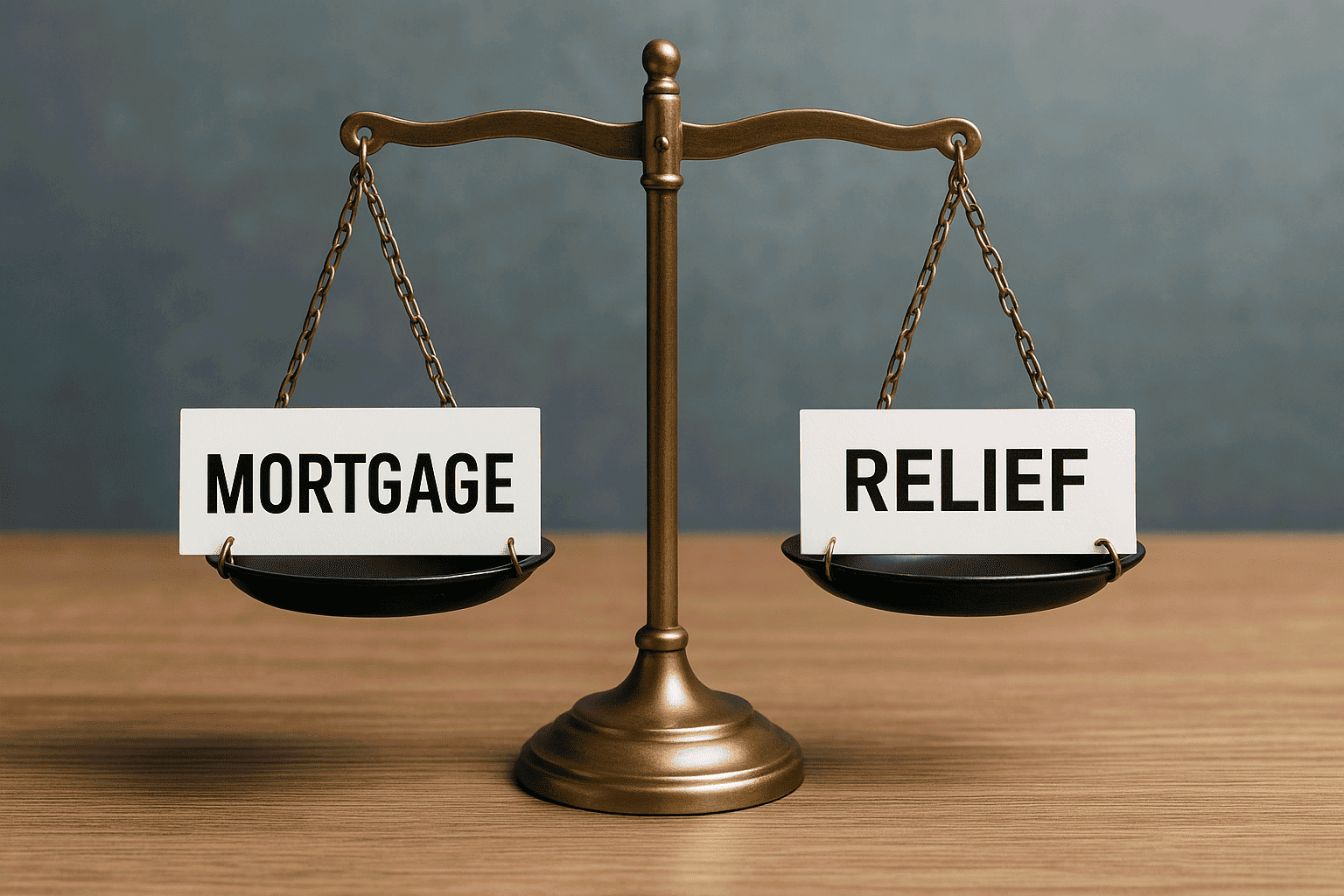When homeowners fall behind on their mortgage payments, a short sale can seem like a lifeline—but many are left wondering: “Will I still owe money after the sale goes through?” The answer isn’t always simple, but this post breaks it down clearly so you know what to expect and how to protect yourself.
What Is a Short Sale Deficiency?
A short sale happens when your lender agrees to let you sell your home for less than what you owe on the mortgage. The difference between the total loan amount and the sale price is known as a deficiency balance.
For example:
- You owe $300,000 on your mortgage
- The short sale brings in $250,000
- You have a $50,000 deficiency
The big question is: does that $50,000 go away, or are you still on the hook?
Whether You Owe Depends on Your State and Lender
Here are the key factors that determine if you’ll still owe money after the short sale:
- State Laws: Some states are “non-recourse,” which means lenders can’t pursue you for the deficiency. Others allow lenders to sue for the balance.
- Your Short Sale Agreement: Even in states where lenders can pursue a deficiency, they often waive their right to collect in exchange for approving the short sale.
- Lender Policy: Some banks automatically forgive the debt in writing, while others may only do so if you negotiate.
Always review your short sale approval letter carefully. If it doesn’t say the deficiency is waived, ask for it in writing.
The Importance of a Deficiency Waiver
Getting a written deficiency waiver protects you from future collection efforts. Without one, the lender could:
- Send the balance to collections
- File a lawsuit for the remaining amount
- Report the deficiency to credit agencies
While a short sale already impacts your credit, a lawsuit or collection judgment can make things even worse. That’s why it’s essential to work with experienced negotiators who know how to secure these waivers.
Tips to Avoid Post-Sale Surprises
If you're considering a short sale, here’s how to protect yourself from owing money after the fact:
- Don’t assume forgiveness—get it in writing
- Work with professionals who specialize in short sales (not all agents or investors understand the nuances)
- Ask upfront whether the lender typically waives deficiencies
You can also learn more about how short sales affect your credit on our Credit Impact page.
What If You Already Did a Short Sale?
If you already completed a short sale and are now being contacted about a remaining balance, you may still have options. These include:
- Reviewing your agreement to see if a waiver was granted
- Speaking with a licensed attorney about your legal rights
- Attempting to settle the remaining debt for less than owed
While Short Sale Cooperative is not a law firm and cannot offer legal advice, we can refer you to an attorney who handles post-sale deficiency issues.
Final Thoughts
A short sale can give you a financial reset, but only if it's negotiated properly. The key takeaway? Never assume the debt disappears—make sure you get a deficiency waiver in writing.
If you need help reviewing your short sale terms or starting the process, visit our Homeowners page to get expert guidance from start to finish.

Recent Comments